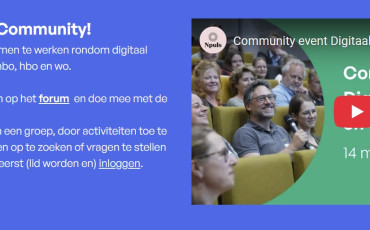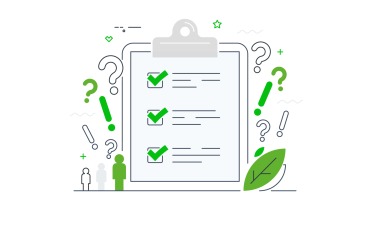Annette Peet
Kwartiermaker Digitaal toetsen en ontwikkelen bij Npuls Meer over Annette Peet
In this topic you will find frequently asked questions about (remote) testing. We refer to interesting articles and process useful information and tips that we receive as soon as possible in this overview.
Examinations using online proctoring may be a solution in some cases. Various institutions have gained experience in administering several thousands of tests. The SIG Digital testing, together with SURF, organised several webinars to share she experiences of these institutions. Read the reports (in Dutch) here:
Report May 15 (coming soon)
Report April 17
Report April 3
Report March 27
You can also read the advice of the SIG Digital Testing (in Dutch; updated April 1, 2020) on online proctoring and the article by Wilfred Rubens (Dutch).
To be able to make a well-founded decision as to which assessment method to use, SURF developed a choice making model (English) for safe assessment. Both the risk of fraud, and the interest ('stake') of the test results are taken into account. This model provides guidance to examination and test committees and other parties involved in determining whether the intended test situation is satisfactory, and to see which methods of test administration are suitable within the curriculum.
This depends on what you would like to test and on the available capacity. Of course, these kind of exams require a lot of review work. To help you consider when take-home exams are a solution, the SIG Digital Testing collected 5 articles on this (all in English):
Last updated by Yvonne Florissen, June 16, 2020, 5.30 PM.
Kwartiermaker Digitaal toetsen en ontwikkelen bij Npuls Meer over Annette Peet


0 Praat mee